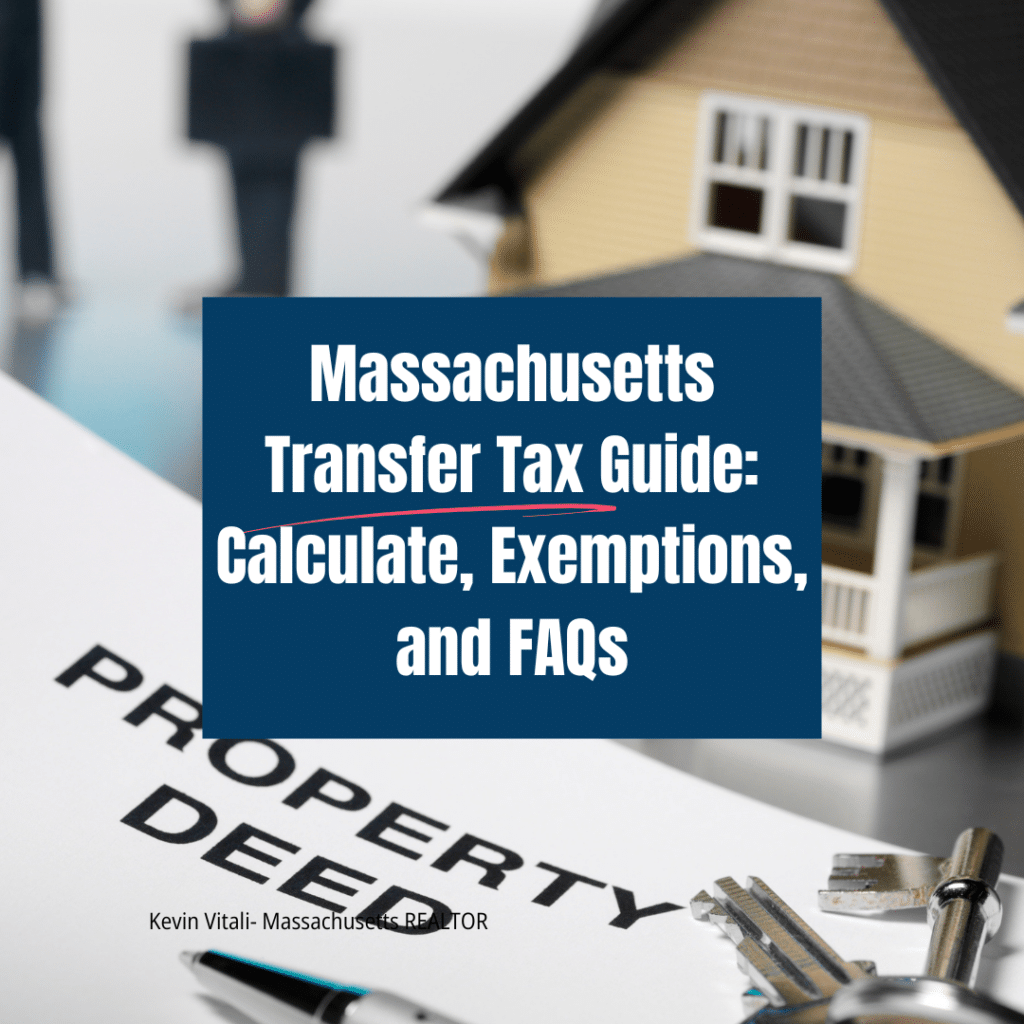
Life has been moving fast. Your daughter was married a few years ago, then your first grandchild came. And, now your daughter is trying to buy a first home with her husband.
She and her new husband are excited about a home they found but they are asking you to cosign a mortgage for them.
Of course every fiber of your being wants to see your child succeed and get the house she wants. Then the question is should I cosign my child’s mortgage?
In general this blog post is a good read for anyone who is asked to cosign a loan. It doesn’t matter what the loan is for or who asks you to cosign, it is important to know what cosigning a loan means to you.
Realize that there is far reaching ramifications of being a cosigner on a mortgage or loan. Cosigning should not be taken lightly.
Should I Cosign My Child’s Mortgage?
Let’s take a look and see what does it really mean to be a cosigner of a mortgage. Are there any upsides? What are the downsides, and what does it really mean to cosign for one of your kid’s mortgages.
What Is A Cosigner Of A Mortgage?
As a cosigner of one of your children’s mortgages you are guaranteeing to cover the debt if, in this case, you are responsible for the debt if your daughter and son default on paying their mortgage.
While you do not occupy the house you need to be aware you are equally responsible to pay the mortgage back to the bank.
A co-signer is different than a co-borrower. Cosigners are just a guarantor for the loan and they have no ownership. A co-borrower shares ownership with the borrower.
Why Would My Child Need A Cosigner For Their Home Loan?
Why would your child need a cosigner? Typically a cosigner may be asked for if a borrower cannot qualify for a loan or their credit profile puts them in a less than favorable loan program.
A cosigner is using their good credit and lengthy credit history to help a borrower, along with any added extra income to lower the debt to income ratios.
A borrower is qualified based on three key criteria:
- Credit- A bank will look at a borrowers credit score, history and utilization.
- Capacity- Capacity is a borrowers ability to repay based on income and current debt obligations. A bank will pay close attention to a borrowers debt to income ratios.
- Collateral- A bank will also look at the amount of money is being provided for a down payment or how much a borrower has for skin in the game.
Many of today’s loan programs have very little in down payment requirements with many loan programs requiring as little as 3% down. And some even less. Also a borrower can easily accept gift funds for all of the down payment and /or closing costs on a home purchase.
Usually the biggest reason a borrower needs a cosigner is because their debt to income ratio is too high and they need the cosigners income to pull that back down into a range that is acceptable to a bank.
Is Cosigning For A Mortgage For My Child A Good Idea?
Deciding to become a cosigner for your child to get a mortgage is a very personal decision, between you and your child. It is a decision not to be made lightly.
A question to ask yourself is why does you child need a cosigner. If the bank is not willing to lend them why would you put your credit on the line for them?
Find out why. Is there credit really bad? Maybe they should spend some time and money straightening out their credit before buying.
Or do they not make enough money to qualify. If they don’t make enough money are you putting them in a position to succeed? Most banks have liberal debt to income ratios, allowing many borrowers to have debt up to 50 to 55% of their gross income. Maybe a smaller home is more in line for them that they can qualify for on their own.
Your discussion should revolve around…….
….is the help you give them by cosigning their mortgage going to be enough to get them over the hump of buying their first home?
Or
….are you masking a problem that will only put your child in a worse financial position.
What Does It Truly Mean To Be A Cosigner?
On the surface it might not seem like a big deal to be a cosigner on your child’s mortgage, but there are some far reaching ramifications that can effect you.
Your 100% Responsible
If your child should default they will go after the person with money. Its not that each of you is partially responsible. Every one who signed on the dotted line is fully responsible for the mortgage.
The bank does not care where they get the money as long as they get it. If the borrower defaults you are 100% wholly responsible to pay off the debt.
Your Credit Profile Will Change
Even though you aren’t making the monthly payment for the mortgage, your credit profile is going to show another line of credit for the full mortgage payment. It will be used to calculate your credit score and your debt to income ratios.
Taking on sizeable additional debt could even hinder your ability to refinance your own home or buy another home, buy a car, cosign for another child’s student loan, etc…
You Can’t Just Stop Being A Cosigner
Having a mortgage is a commitment. Its not easy to stop being a cosigner if things aren’t working out as planned. The only way to stop being a cosigner is to have the house sold, pay off the mortgage or have the borrower refinance the home with a new mortgage without your guarantee as a cosigner.
Most mortgages are for 30 years. Can you afford to make that type of commitment?
Your Credit Can Be Affected
One or two late payments by the borrower and your credit could go into a downward spiral. You are at the mercy of who you are cosigning for to make their payments in a timely manner.
Not only are late payments detrimental to your credit, secured lines are more heavily weighted and it is viewed as more of an offense to be late on a secured line.
If Defaulted On You Could Have A Deficiency Judgement Following You
Worse case scenario the mortgage goes into default, the home is foreclosed upon and the bank files for a deficiency judgement against you. Not only will you be responsible for the balance owed you will be responsible for the legal fees and upkeep of the home to bring it to foreclosure. It adds up fast.
Once a judge rules on a deficiency judgement the bank has twenty years to collect. That is a long time to be chased for an unpaid debt.

Are There Any Good Reasons To Cosign For My Child’s Mortgage?
To be honest as the cosigner of a mortgage there is no benefit to become one for you, as a cosigner. You take all of the risk and the only reward is to know you helped your child succeed.
The benefit for you child or the borrower is huge. You help them establish long term equity in their own home so they can stop paying their landlords rent.
The second benefit is helping your child build their credit history. Two years of paying a mortgage is a huge bolster to someones credit history.
Final Thought On Cosigning For Your Child’s Mortgage
Again, it is a very personal decision for you and your child for you to become a cosigner. First you need to consider what is the reason they can’t get a mortgage on their own.
Second you need to asses your child’s ability to show you they are responsible enough to make the mortgage payments on time.
Becoming a cosigner can be a huge, long term commitment you may not be ready to make. Often a parent thinking of cosigning isn’t thinking about making mortgage payments for 30 more years they are thinking how to fund their retirement.
Whatever the situation, don’t be shamed or guilted into an such an important decision. Do what is right for you. And, make sure you know what is involved in being a cosigner for your child’s mortgage.
Other Mortgage Resources:
- Joe Boylan Why Title Insurance Is a Must
- How Stuff Works Co-signing Explained
- Kyle Hiscock 10 Top Mortgage Questions Answered
- Michelle Gibson How To Blow Up The Financing On Your Home
Should I Cosign My Child’s Mortgage- The Perils of Being A Cosigner was provided by Kevin Vitali of EXIT Group One Real Estate. Kevin Vitali is a Tewksbury MA REALTOR® that services northern Middlesex county as well as Essex county in Massachusetts. Call for your Home Buying Consultation…completely free and no obligation.




